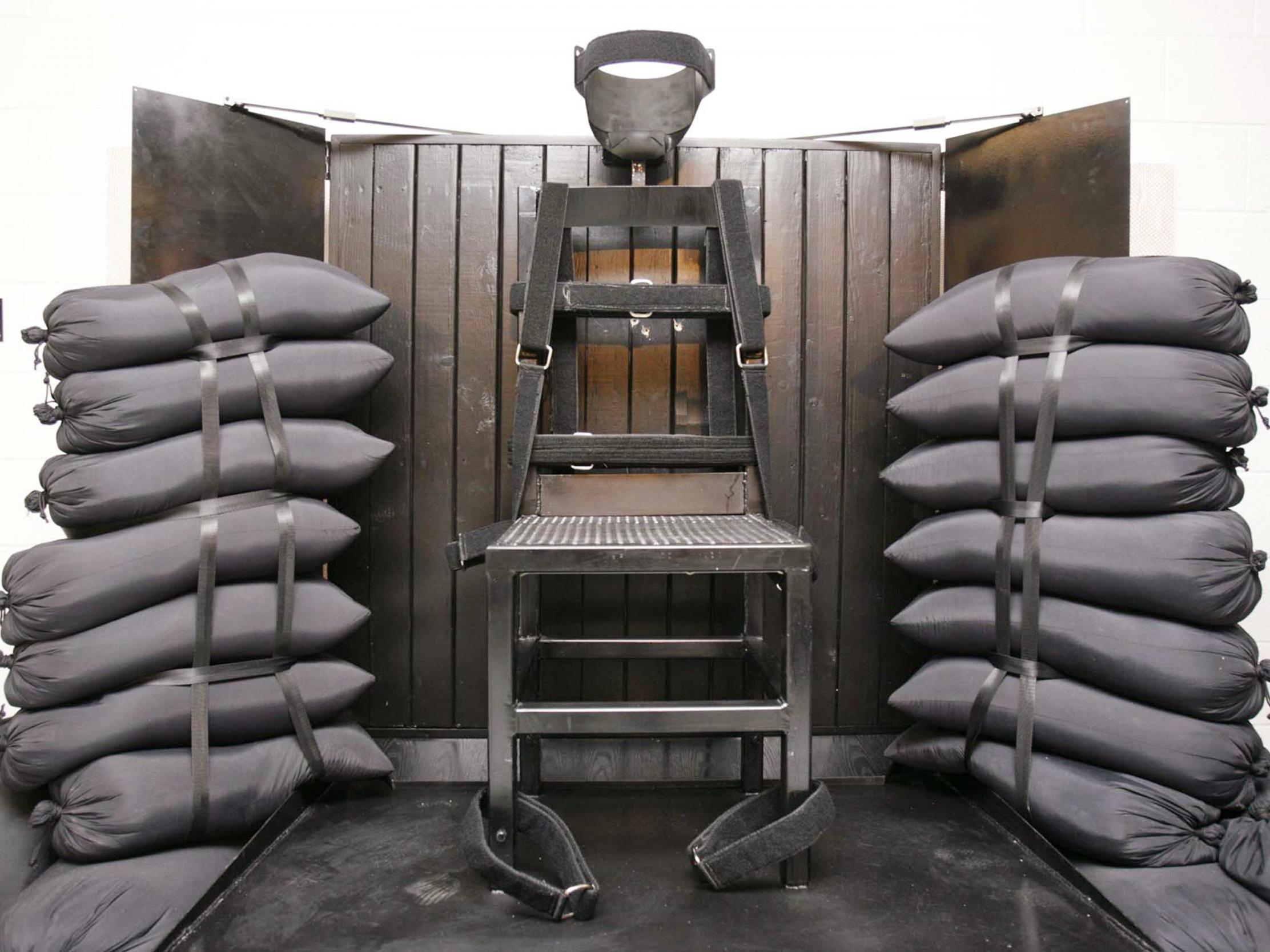South Carolina considering firing squad for execution during lethal drug shortage
The default execution method could also become the electric chair

Your support helps us to tell the story
From reproductive rights to climate change to Big Tech, The Independent is on the ground when the story is developing. Whether it's investigating the financials of Elon Musk's pro-Trump PAC or producing our latest documentary, 'The A Word', which shines a light on the American women fighting for reproductive rights, we know how important it is to parse out the facts from the messaging.
At such a critical moment in US history, we need reporters on the ground. Your donation allows us to keep sending journalists to speak to both sides of the story.
The Independent is trusted by Americans across the entire political spectrum. And unlike many other quality news outlets, we choose not to lock Americans out of our reporting and analysis with paywalls. We believe quality journalism should be available to everyone, paid for by those who can afford it.
Your support makes all the difference.South Carolina lawmakers are considering legislation that would add firing squads to the state’s existing execution methods - because there aren't enough drugs for lethal injections.
The House Criminal Laws subcommittee approved a senate proposal on Thursday that also changes South Carolina’s default execution method to the electric chair.
Lawmakers acted after prison officials told them they didn’t have the drugs needed for lethal injection and don't know when they will be able to obtain them.
US states have struggled to purchase drugs for lethal injection as drug companies oppose the use of their products to kill people, and some are scrambling to find new execution methods.
Three other states – Mississippi, Oklahoma and Utah – already allow the choice of a firing squad if lethal injection isn’t available, while nine others allow for electrocution if the primary choice of lethal injection isn’t available.
Republican state Senator Greg Hembree, who is a supporter of the proposal, said earlier this year that drug companies weren’t selling South Carolina the chemicals needed to carry out lethal injections because they feared legal challenges.
There are currently 29 prisoners on death row in South Carolina, although the last execution in the state took place in 2011.
The bill passed the state Senate earlier this year, and if the House Judiciary Committee approves it, it could pass the House before the legislature adjourns on 9 May.
Join our commenting forum
Join thought-provoking conversations, follow other Independent readers and see their replies
Comments